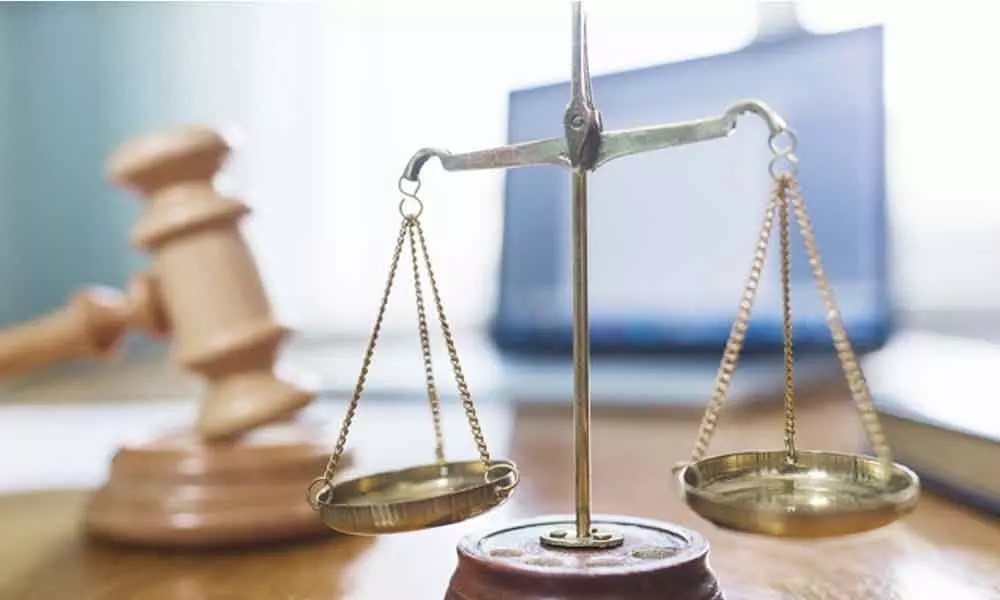The role of a criminal defense lawyer is shaped by centuries of legal precedent and evolution of criminal law and procedure. While the core responsibility remains zealously advocating for the rights and interests of the accused, the specific duties and strategies employed by criminal defense attorneys have adapted to landmark Supreme Court cases, changes in criminal codes and sentencing guidelines, cultural shifts, and more.
Exclusionary rule and suppression hearings
They are best law firm in brampton protect defendants’ rights from government overreach, specific procedures evolved from key 4th, 5th, and 6th Amendment cases. The exclusionary rule, which prohibits the use of illegally obtained evidence, was established in Weeks v. This led to routine defense motions to suppress unlawfully obtained evidence, which may exclude a confession, search evidence, eyewitness identification, and more. Suppression hearings often determine the viability of the prosecution’s case.
Criminal defense lawyers specialize in representing individuals who are accused of committing crimes, ranging from misdemeanors to serious felonies. Their primary role is to protect the rights of their clients throughout the legal process, ensuring that they receive a fair trial and that any evidence or charges against them are properly scrutinized. A skilled criminal defense lawyer will carefully analyze the details of the case, investigate the evidence, and build a strategy to challenge the prosecution’s claims. They can negotiate plea deals, seek reduced charges or sentences, and, when necessary, represent clients in court to defend their innocence. Whether you are facing charges for theft, assault, drug crimes, or more serious offenses, a criminal defense lawyer is essential for navigating the complexities of the criminal justice system and ensuring the best possible outcome for your case.
Bias toward prison and rising mass incarceration
In the decades since the Supreme Court expanded defendants’ procedural rights, substantive criminal law and sentencing policies have undergone drastic changes that alter the landscape criminal defense lawyers navigate. Beginning in the 1970s, “tough on crime” rhetoric and the War on Drugs fueled extreme growth in incarceration and sentence severity, limiting the options of criminal defense attorneys. Mandatory minimums, repeat offender (“three strikes”) laws, restrictions on parole, and sentencing guidelines attach extreme prison terms to many charges. The lawyer’s role evolved to fight these trends.
Growing power of prosecutors
Relatedly, prosecutorial discretion expanded in recent decades as more criminal statutes were passed and sentences heightened. The immense power of prosecutors to determine charges and shape plea deals is a major check on defense lawyers, who must balance the risks of going to trial versus often coercive plea offers. Prosecutors’ offices have also grown in size and adopted aggressive hardball tactics. The rising imbalance of resources and bargaining power between prosecution and public defense has become a prime concern.
Holistic defense and mitigation
In response to harsh sentencing expansion, criminal defense increasingly employs holistic advocacy to humanize defendants and present mitigating circumstances. Gathering resources like mental health assessments, medical records, school reports, employment history, and affidavits from family, teachers, employers and others paints a full picture of the defendant’s life. Presenting this biography and arguing for mitigating factors like mental impairment, trauma, addiction, youth, minimal culpability, and potential for rehabilitation is now core to criminal defense.
Overturning wrongful convictions
Evolving forensic science, wrongful convictions uncovered by DNA evidence, and awareness of flaws in eyewitness testimony, false confessions, jailhouse informants and overzealous prosecution helped spark the innocence movement. The creation of organizations like the Innocence Project enshrined post-conviction investigation and litigation as another essential role for criminal defense attorneys. The lawyer’s duty to vigorously advocate for the accused is now recognized as extending beyond trials or pleas to identifying miscarriages of justice that need remedy.
Social Justice Reform
The defenders and defense firms adopt social justice-oriented missions addressing systemic inequities. Forming partnerships outside the courtroom with communities impacted by racial bias, poverty, mental illness, and addiction helps remove socioeconomic barriers to fair trials and sentencing. Part of the lawyer’s role becomes advancing policy reforms like reduced incarceration, improved rehabilitation, pretrial release programs, diversion courts, decriminalization of minor offenses, and equitable enforcement. Advocacy within the existing system complements advocacy to transform the system’s flaws.





